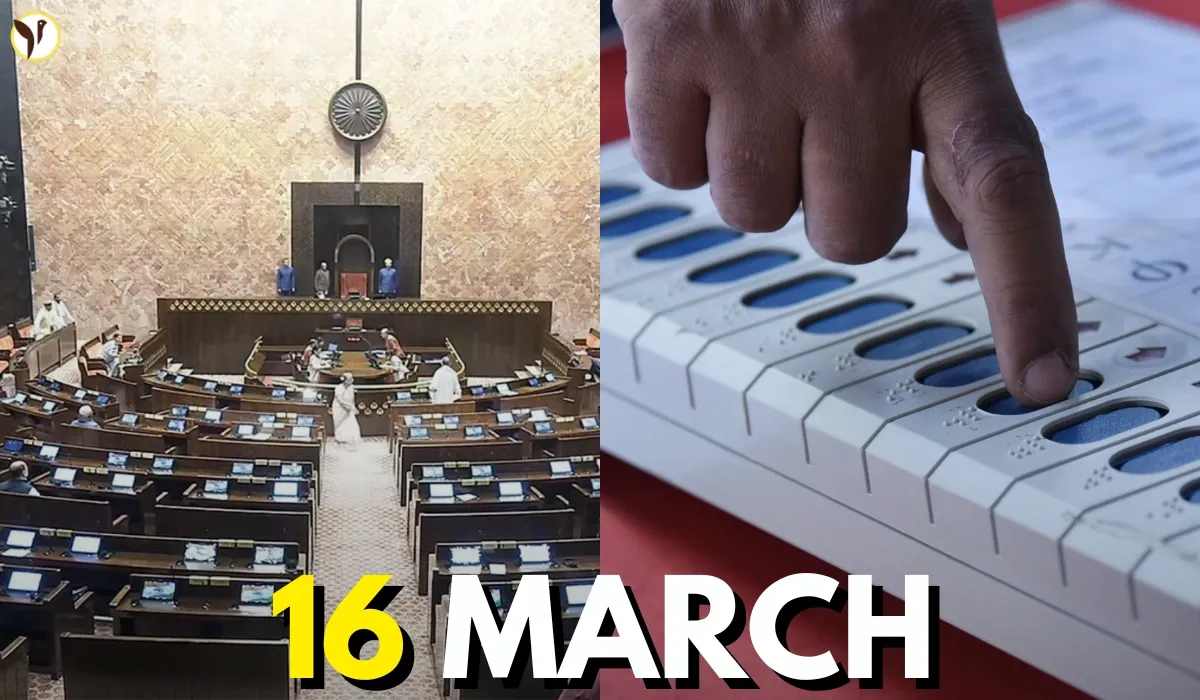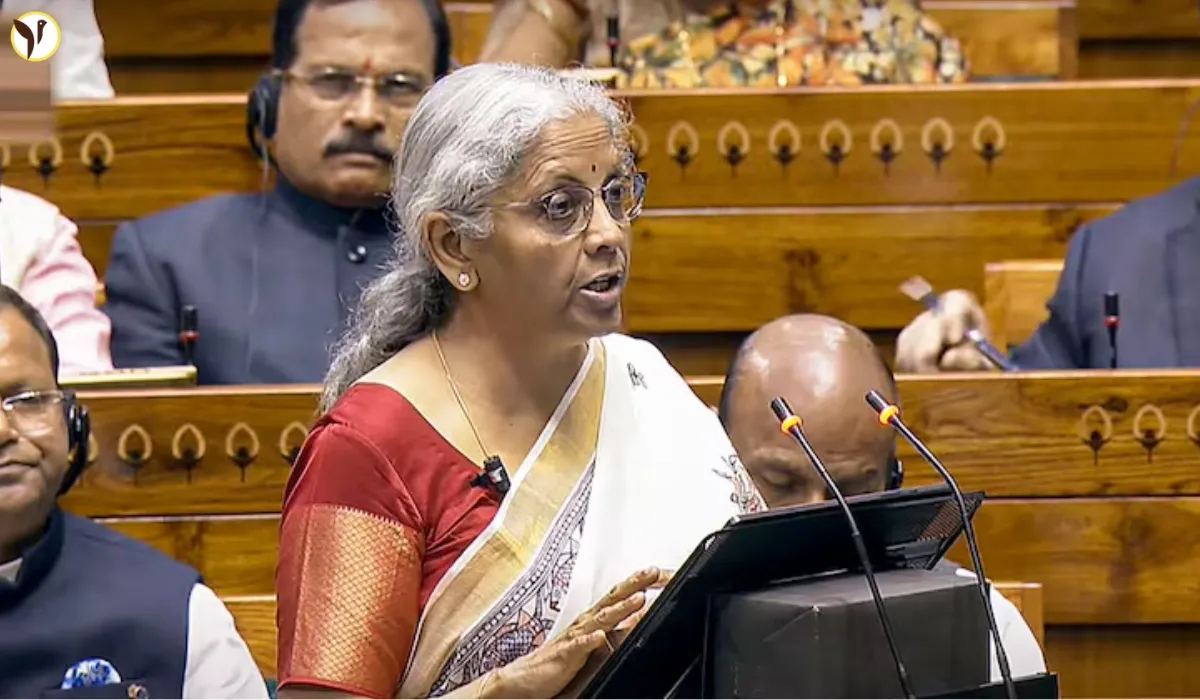Trump's Tariffs? A Judge Just Said "No."
Okay, so you've probably heard about President Trump's "Liberation Day" tariffs – those massive import taxes he slapped on a bunch of countries. Well, a US court just threw a major wrench in the works. A federal judge basically said Trump went too far, exceeding his authority to impose those sweeping tariffs. It's a pretty big deal, and I’m going to break down what it all means.
What Happened?
A three-judge panel ruled that Trump’s use of the International Emergency Economic Powers Act (IEEPA) to justify the tariffs was a stretch. The IEEPA is meant for actual national emergencies, not for shaking up the global economy with new tariffs, according to the court. The ruling impacts a bunch of tariffs imposed on April 2nd, including separate ones aimed at China, Mexico, and Canada. Honestly, I was surprised by the clear-cut nature of their decision.
The White House, naturally, isn't happy. They’ve already appealed, but the initial reaction from global markets was pretty clear: relief.
How Did Markets React?
Immediately after the ruling, Asian markets saw a bump. The Nikkei in Japan jumped, the Kospi in South Korea went up, and you saw similar gains in other areas. The US dollar strengthened against the Yen and Euro. It’s like a collective sigh of relief from investors worldwide. The uncertainty caused by Trump’s trade policies had been hanging over everyone's heads, so this provided a brief moment of calm.
Even in Singapore, where the impact might seem less direct, the Straits Times Index nudged up, showing a positive ripple effect.
- Positive Impacts: Reduced uncertainty, boost in investor confidence, potential for increased trade.
- Potential Negatives: The ruling could still be overturned on appeal. Legal battles can drag on, and this uncertainty itself could hurt economic activity.
What Does This Mean for Trade Deals?
This is where it gets interesting. Countries like India, who were in trade talks with the US, now have a little more leverage. The threat of those massive tariffs is off the table (at least for now). It could lead to more favorable terms for India in any future trade agreements. It also changes the whole negotiation dynamic. Before, the US held a powerful card with the tariffs hanging over everybody's heads; now the balance of power might have shifted a bit.
The Bigger Picture
While this is a victory for those who opposed Trump's tariffs, it’s not the end of the story. The appeal process could take months, or even years. I feel like we're likely to see some more twists and turns before this whole thing is settled. This ruling might just be a temporary pause in the ongoing tariff saga.
What's Next?
Keep an eye on the appeals process, and look for how the international community responds. The implications of this ruling are huge, so it will be interesting to see what changes in the coming months. Stay informed!









